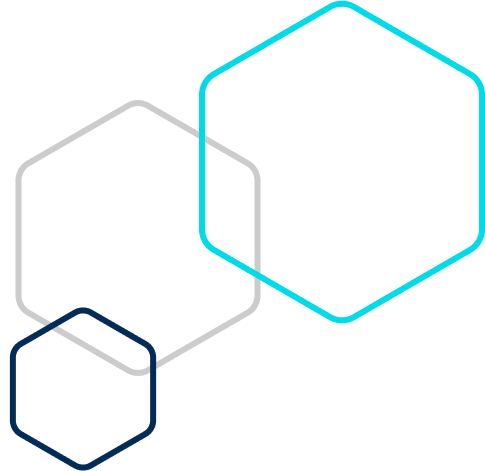Source:
arxivon
July 27, 2024
Curated on
August 12, 2024
Recent advancements in computational life reveal the emergence of well-formed, self-replicating programs from simple interactions. This ground-breaking research highlights the potential of basic interaction protocols to give rise to complex, autonomous systems capable of replication. Such discoveries are crucial for the development of self-sustaining artificial intelligence and evolutionary computing.
Investigations into the mechanisms behind these phenomena showed that, even with minimal interaction rules, digital entities can evolve into sophisticated, self-replicating structures. These findings may pave the way for new approaches in software development, where the focus shifts towards designing basic interaction frameworks that can autonomously give rise to complex and adaptive programs.
As the field of computational life progresses, it opens up exciting possibilities for the future of artificial intelligence and other related technologies. By understanding how self-replicating programs can be engineered from simple interactions, researchers can begin to explore the development of more robust, adaptive, and resilient systems with wide-spanning applications in various sectors.




